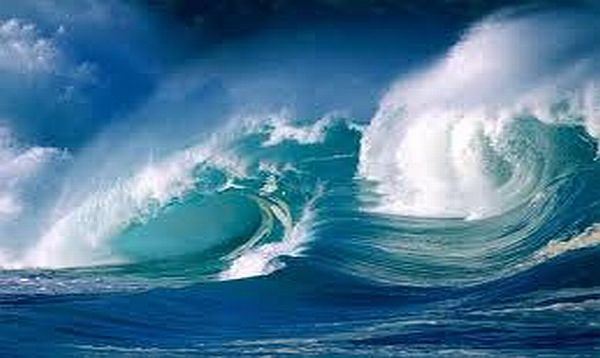All life on earth depends on the oceans. Did you know oceans regulate the climate, generate oxygen, provide a livelihood for hundreds of millions of people, and are home to the biggest animal that ever lived? Yet they are threatened by climate change, pollution, unsustainable fishing practices, and more.
On June 8, people around the world celebrate World Oceans Day. The theme of 2011 and 2012 is Youth: the Next Wave for Change. Young people are often the most knowledgeable and motivated segment of the population when it comes to the environment and its protection, but everyone everywhere can help protect the oceans!
• Participate in a World Oceans Day event. Several organizations accredited by the Association of Zoos and Aquariums will be holding a World Oceans Day event. Can't make one? Host your own or look for a river or beach cleanup later this year.
• When you choose sustainable seafood, you don't support fishing practices that each year kill about 30 million tons of fish, sea turtles, sharks, and seabirds, dying as "bycatch"; or use bottom trawlers and dredges that destroy life and habitat on the seafloor; or destroy fish populations.
• Reduce the amount of trash you produce and plastic you use, and recycle as much as you can. According to the United National Environment Programme, "Marine litter (or debris) is one of the most pervasive and potentially solvable pollution problems plaguing the world’s ocean and waterways." The less plastic and other waste you use, the less chance it has to end up in the oceans. Bring your own bags to the grocery store — and any other store — every time you shop, and get reusable containers for water, coffee, and food.
• Shrink your carbon footprint. Change some habits at home, school, work, on the road, and in the air to reduce your use of fossil fuels.
• Eliminate the use of pesticides and fertilizers on your lawns and gardens, and choose organic food. Harmful chemicals that go into the soil eventually end up in the oceans.
• Make or buy less toxic or biodegradable cleaning products.
• Visit your local river, coast, aquarium, or the Sant Ocean Hall at the Smithsonian's National Museum of Natural History. Enjoy the waters and learn more about them.
• Explore the Ocean Portal, the interactive website from the Smithsonian's National Museum of Natural History that inspires awareness, understanding, and stewardship of the world’s oceans.
Get more tips from the National Aquarium in Baltimore.



